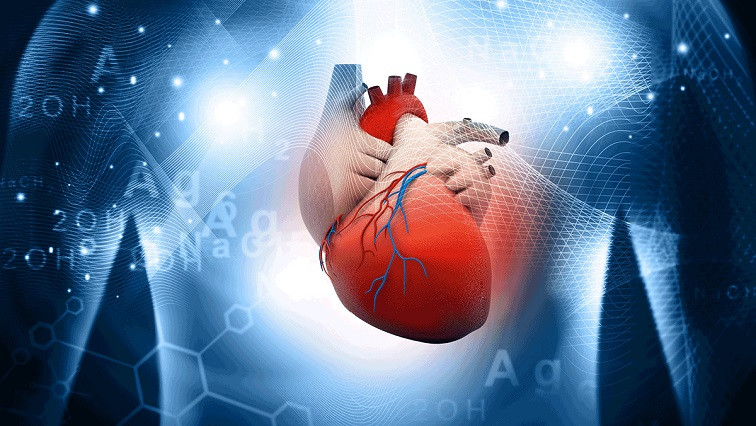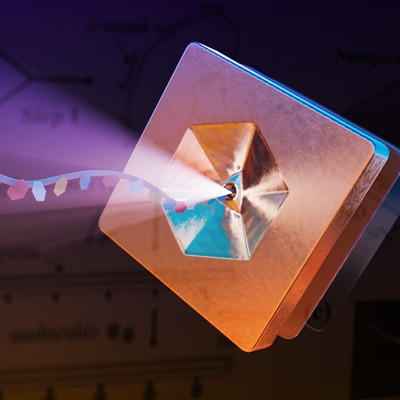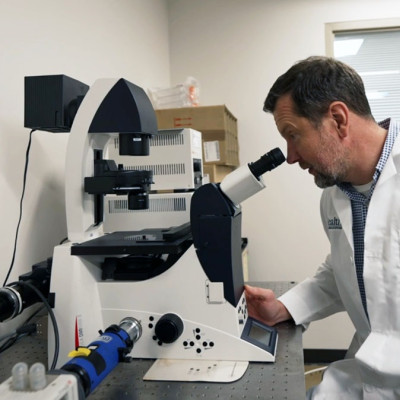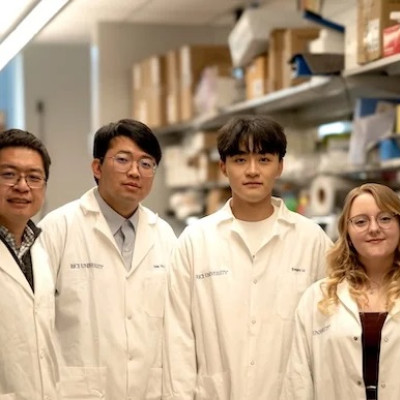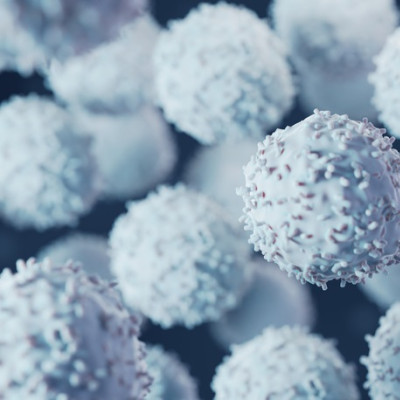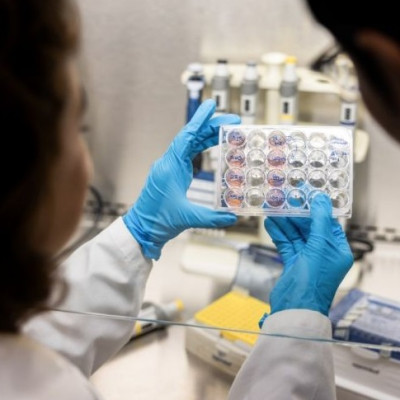Under the terms of the agreement, Heqet will test nanoparticles based on Altamira’s OligoPhore delivery platform and comprising certain non-coding RNAs (ncRNAs) in the regeneration of damaged heart tissue following myocardial infarction in animal models. Upon successful conclusion of the experiments, Heqet will, under certain conditions, have the option to negotiate with Altamira for a license to use the Company’s technology and intellectual property to translate its findings into the development of therapeutics for cardiac regeneration.
Myocardial infarction (commonly called “heart attack”) may cause irreversible death (necrosis) of heart muscle cells (cardiomyocytes) due to prolonged lack of oxygen supply (ischemia). According to the American Heart Association, in the US alone there are 605,000 new cases of myocardial infarction and 200,000 recurrent attacks every year.1 The adult human heart has very limited ability to replace damaged cardiomyocytes, and heart failure is a common sequela of myocardial infarction. Heart failure mortality has been estimated at 50 percent of patients at only five years from diagnosis.2
Heqet was founded by Professor Mauro Giacca, MD, Ph.D., who serves as Head, School of Cardiovascular Medicine & Sciences, King's College London. His previous work showed the feasibility of regeneration of damaged heart tissue by stimulating the proliferation of cardiomyocytes in animal models of myocardial infarction through upregulation of certain ncRNAs.3 However, delivery of the ncRNAs with viral vector technology turned out to be challenging, not the least since proliferation must be only temporary.
“We are thrilled to combine Altamira’s peptide-based delivery technology with our non-coding RNAs, to further optimize our unique therapeutic approach and improve the available treatment options for myocardial infarction,” said Anja Høg, Chief Development Officer at Heqet Therapeutics.
“The promise of regenerating cardiac muscle continues to intrigue scientists and clinicians worldwide given the significant complications and high mortality associated with myocardial infarction,” said Samuel A. Wickline, MD, Altamira’s Chief Scientific Adviser. “Application of molecular factors that can stimulate resident myocardial cells to start dividing again appears to be a very promising novel approach, yet it requires timely and targeted delivery to cardiomyocytes. We believe that our peptide-based OligoPhore platform for RNA delivery has the potential to serve as a safe and effective vehicle for engineering controlled local cardiac regeneration.”
Read the original article on BioSpace.

